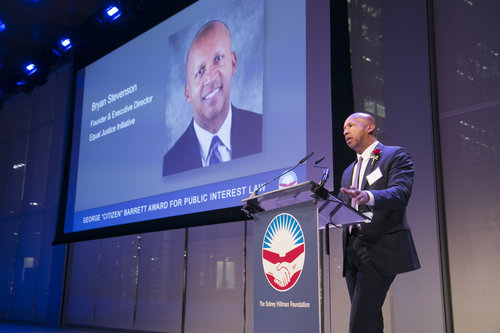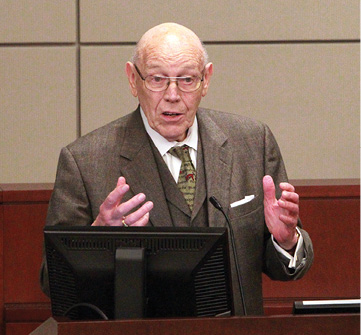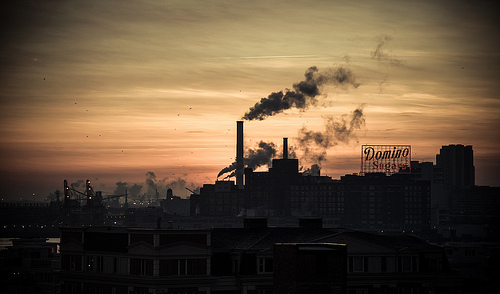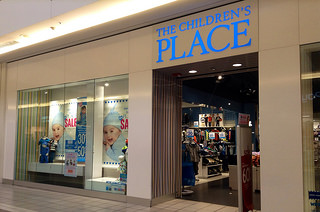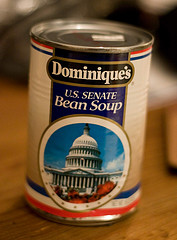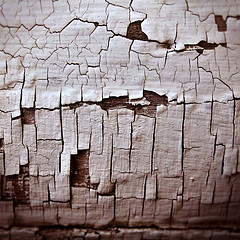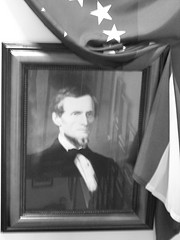Sidney’s Picks: Watch the 2015 Hillman Prize Speeches
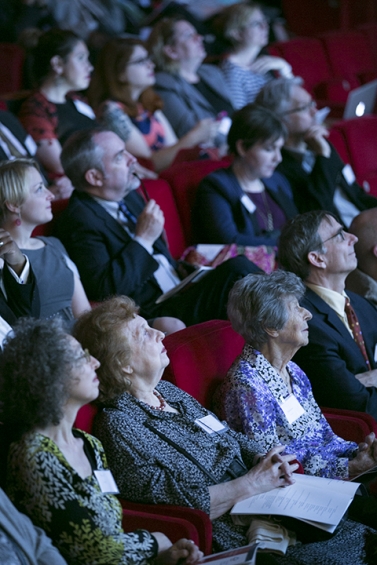
The Best of the Week’s News
- Sarah Maslin Nir explores the exploitative and dangerous work of New York’s manicurists.
- How the USDA ignored salmonella outbreaks linked to Foster Farms chicken.
- Huffington Post launches a new long-form project with a story about a budding track star with Tourette’s Syndrome.
- The Workers Unite Film Festival is on–now through May 27–in New York City.
- Watch Bryan Stevenson of the Equal Justice Initiative deliver his unforgettable acceptance speech for the inaugural George “Citizen” Barrett Award for Public Interest Law.
- Watch Jelani Cobb of the New Yorker accept his Hillman Prize for Opinion & Analysis Journalism.
- All the speeches from Tuesday’s Hillman Prize ceremony will be available soon on this site. You can also subscribe to Hillman’s YouTube Channel to keep up with all our video programming.


